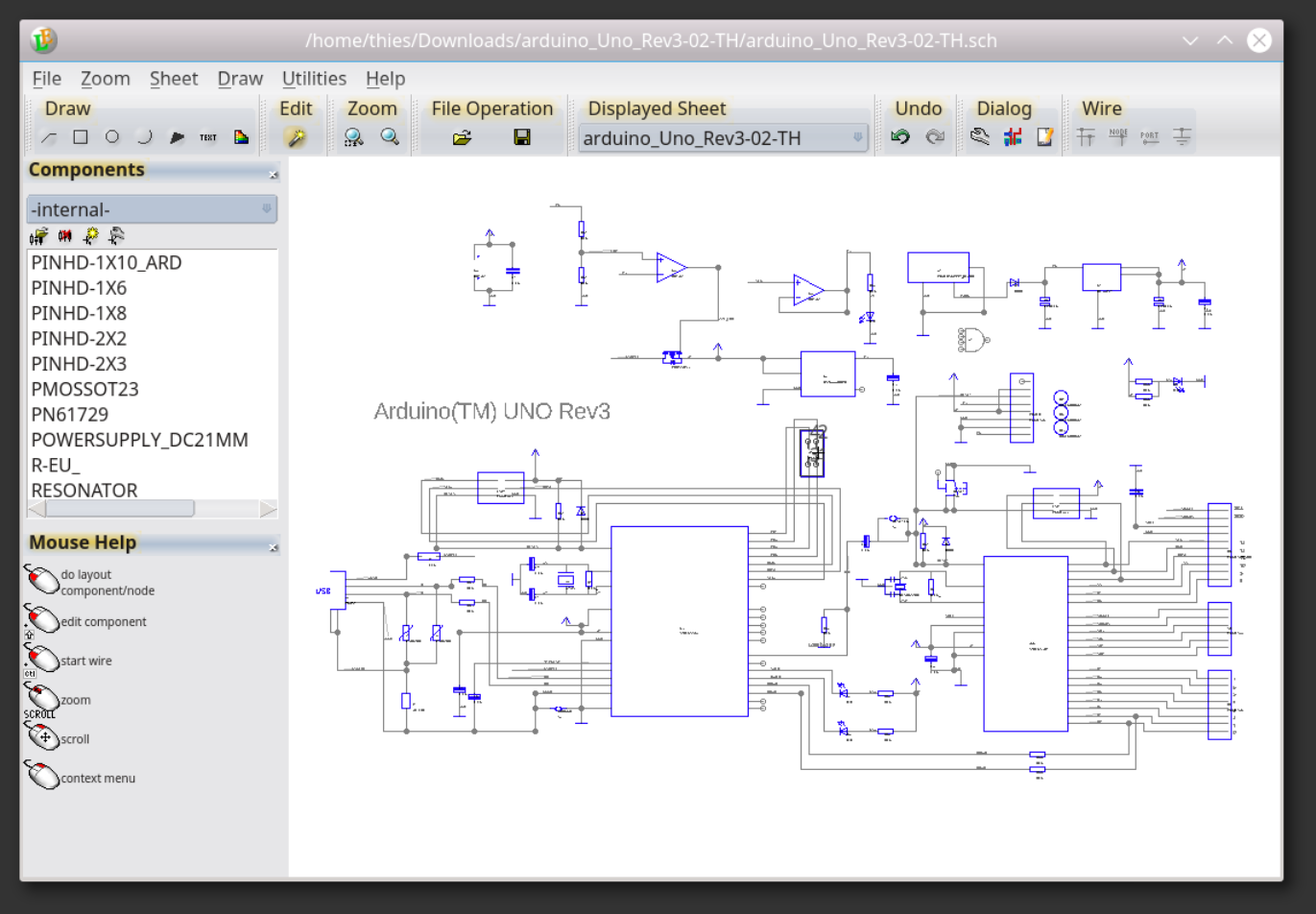

- #Sourceforge gerbv windows install#
- #Sourceforge gerbv windows update#
- #Sourceforge gerbv windows software#
- #Sourceforge gerbv windows download#
configure -prefix=/mingw32 -disable-update-desktop-databaseįinally, download and build pcb2gcode $ cd.
#Sourceforge gerbv windows install#
Now let's download, build and install gerbv (version 2.6.1 is broken, don't use it) $ wget /gerbv/gerbv-2.6.0.tar.gz $ pacman -needed -S base-devel git mingw-w64-i686-gcc mingw-w64-i686-boost mingw-w64-i686-gtkmm $ pacman -needed -S bash pacman pacman-mirrors msys2-runtime The following commands are for the i686 binary, if you want the x86_64 binary replace all the "/mingw32" with "/mingw64" and all the mingw-w64-i686-* packages with mingw-w64-x86_64-* $ pacman -Sy You can easily build pcb2gcode for Windows with MSYS2 ( ).ĭownload MSYS2 and install it somewhere, then run "MinGW-w64 Win32 Shell" (if you want a i686 binary) or "MinGW-w64 Win64 Shell" (if you want a x86_64 binary). Then follow the common build steps Common build steps $ autoreconf -fvi Yum install automake autoconf libtool boost-devel gtkmm24-devel gerbv-devel git Then follow the common build steps Fedora su $ sudo apt-get install build-essential automake autoconf autoconf-archive libtool libboost-program-options-dev libgtkmm-2.4-dev gerbv git
#Sourceforge gerbv windows update#
$ sudo add-apt-repository "ppa:ubuntu-toolchain-r/test"ĭebian Testing or newer, Ubuntu Wily or newer $ sudo apt-get update $ sudo apt-get install software-properties-common python-software-properties Ubuntu 12.04 does not include gcc 4.8 (needed for the C++11 support) you can install it with: $ sudo apt-get update The last line of the output will include a URL to view the coverage. configure and then later run make check-code-coverage to run unit tests to collect coverage.

To build with coverage outputs, add -enable-code-coverage to. Then add -with-boost= -enable-static-boost to the. Unfortunately pcb2gcode requires a rather new version of Boost (1.56), often not included in the oldest distros (like Ubuntu If you want to install the latest version from git you'll need the autotools, Boost with the program_options library Installation from GIT (latest development version): To install it open the "Terminal" app and run the following commands pcb2gcode and the required dependencies will be automatically downloaded and installed: $ /usr/bin/ruby -e "$(curl -fsSL )" Windows prebuilt binaries (with all the required DLLs) are available in the release page. If you want to download the latest development version, go to "Installation from GIT". Unfortunately, these packages are seriously outdated. You can install the with sudo apt-get install pcb2gcode There are pcb2gcode packages in the official repositories. Yum install automake autoconf libtool boost-devel gtkmm24-devel gerbv-devel Open a terminal and cd to the extracted tarball If you want to test this version, you will have to go to the section below (installation from GIT). This development version of pcb2gcode does not get into repositories of distros. If you find this project useful, consider buying me a beer. Pcb2gcodeGUI, the official GUI for pcb2gcode, is available here. It also includes an Autoleveller, useful for the automatic dynamic calibration of the milling depth. It takes Gerber files as input and it outputs gcode files, suitable for the milling of PCBs.
#Sourceforge gerbv windows software#
Pcb2gcode is a command-line software for the isolation, routing and drilling of PCBs.


 0 kommentar(er)
0 kommentar(er)
